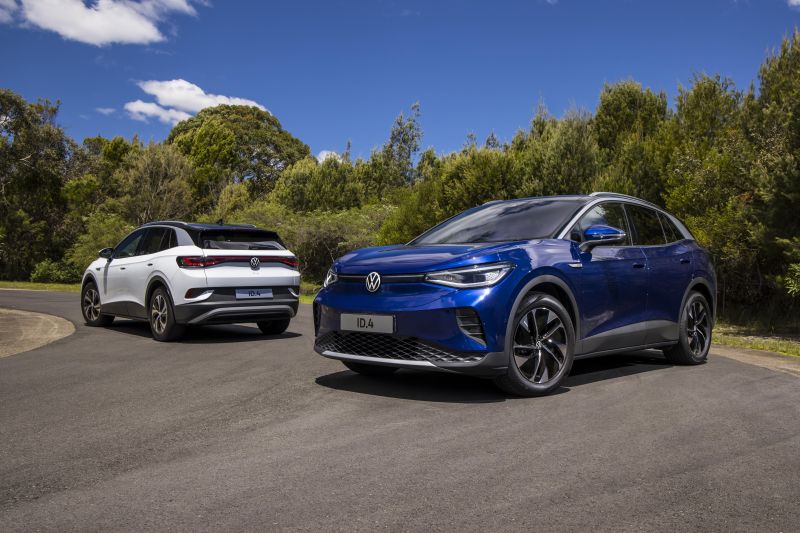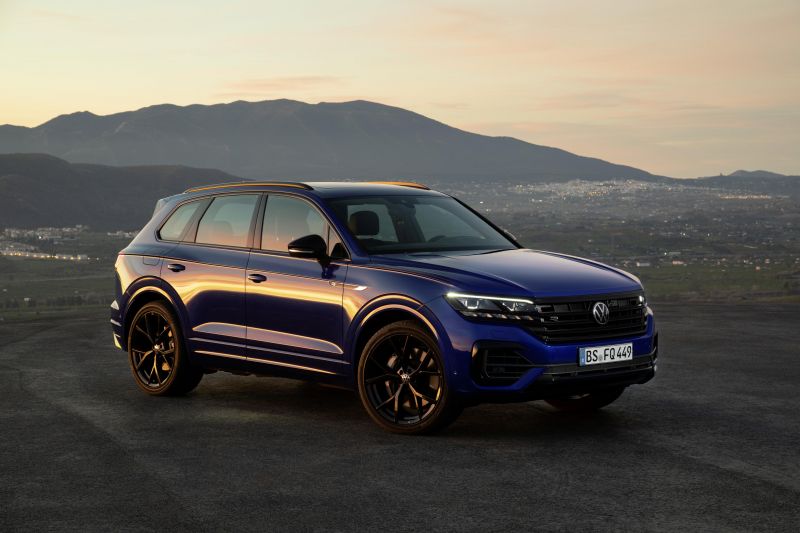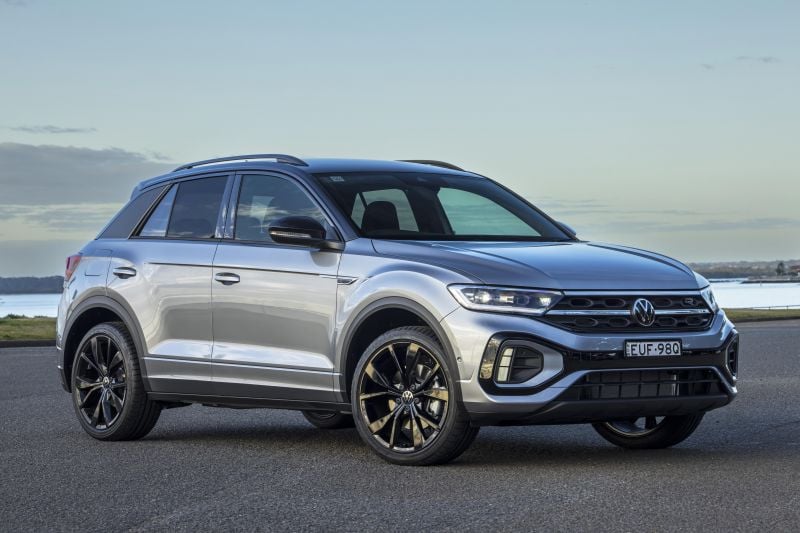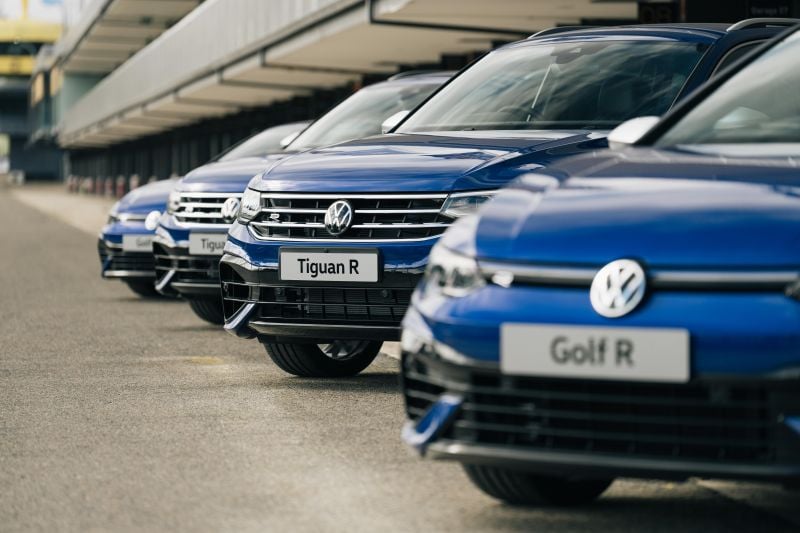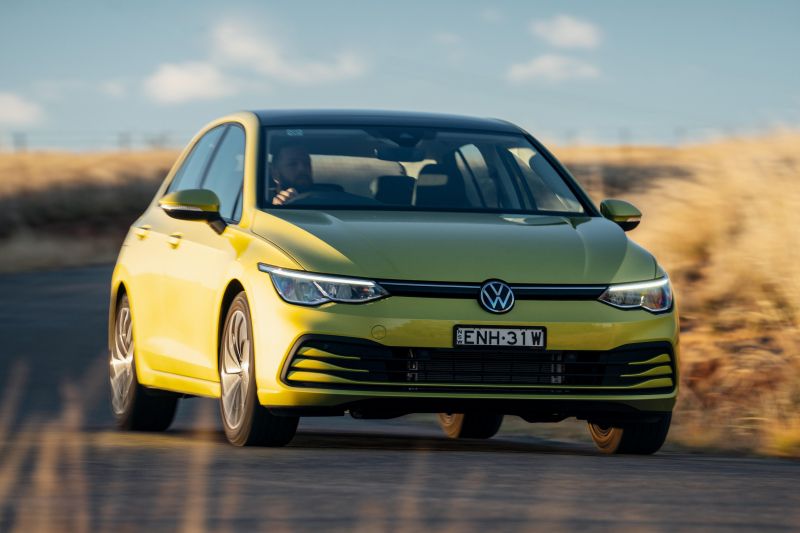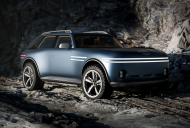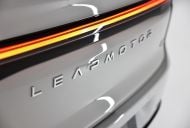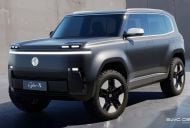Volkswagen is still dealing with supply chain issues, but says strong supply of some vehicles plus new model introductions should see its sales increase in 2023.
“We’ve all had another huge year for new products and it’s going to be hard to top, but I reckon we will,” said Michelle Rowney, head of product for Volkswagen Passenger Vehicles in Australia.
“Our targets are still being adjusted but we are hopeful for a 20 per cent upswing or more in sales next year as supply chain normality returns.
“We really have to continue to work through the supply chain restriction. So it’s not about the product and not being able to sell it, we’ve got the demand there.
“Just unfortunately, on some of our crucial models like Tiguan, we’re just falling short of supply compared to demand. So those figures I gave were quite conservative, we’re still planning, we’re still working with the factory and what they can bring in.”
It plans to introduce seven new models over the next 18 months, including one plug-in hybrid (the Touareg R) and two electric vehicles (the ID.4 and ID.5 crossovers).
While it hasn’t announced overall volume targets for 2024, the brand also says that year it expects to sell 6500 electric vehicles in Australia, growing to a cumulative total of 150,000 between 2025 and 2030. That represents an average annual tally of 25,000 units.
It’s aiming to follow up the ID.4 and ID.5’s 2023 launches with a facelifted ID.3 hatchback and new ID. Buzz people mover and ID. Buzz Cargo van in 2024.
It says going into 2023 it’ll still be experiencing supply issues for the Golf and Tiguan ranges, with sales of the former – in hatchback guise – set to shrink to almost zero in the first quarter of the year due to a supply issue.
And the Tiguan, at least in two-row guise, is still a sore spot for the brand with supply out of the Wolfsburg plant hamstrung.
“We’re going to do everything we can to get Tiguan supply where it needs to be. Because that car can just sell so many more, the demand is so much higher,” said Ms Rowney.
“And it’s so frustrating that we’re not able to meet that demand and show people how successful that car is. But the rest of the SUV portfolio we will be able to get in decent numbers.”
Tiguan Allspace supply has proved stronger, as it’s sourced out of a different plant in Puebla, Mexico. The brand anticipates strong supply of this model in 2023, as well as for the Golf Wagon, T-Cross, T-Roc, Passat, Arteon and Touareg.
It’s no secret Volkswagen has had a tough time this year, with brand sales down 27.2 per cent year-to-date. In the first 11 months of this year, Volkswagen has sold 27,887 vehicles, compared with 38,325 for the same period last year.
Year-to-date, almost every model is down by double digits, with lowlights including the Tiguan (down 34.9 per cent), T-Roc (down 27.4 per cent) and Polo (down 67 per cent).
Overall, Volkswagen sold 40,770 vehicles in 2021, up 3.8 per cent on its 2020 tally. But even these tallies are well down on just a few years ago, with Volkswagen selling 60,225 vehicles in 2015 and around 56-58,000 vehicles annually between 2016 and 2018.
This was followed by a significant drop in 2019 to 49,928.
Fellow Volkswagen Group brand Skoda, in contrast, has seen its sales increase almost every year since 2015 – apart from a minor blip in 2020 – and recorded an all-time high of 9185 sales in 2021.
Whether the Czech brand is peeling off sales from its sibling is unclear, though it’s worth noting Volkswagen’s performance models like the Golf GTI and R and T-Roc R will now have more internal competition in the shape of the Cupra line-up.
While Volkswagen has ruled out importing vehicles without reversing cameras, leading it to confirm it’ll sell close to zero Golf hatchbacks in the first quarter of 2023, it is otherwise being creative at bringing vehicles to the country amidst supply chain shortages.
That includes offering credits and faster delivery for missing features, or bringing in differently specified special edition models.
“We’ve worked hard on finding customer orientated solutions to increase supply. We don’t simply remove equipment and add a sticker,” said Ms Rowney.
“We look at restricted components that were hindering supply and added features we know our customers love like, for example, the black pack on our Tiguan and Tiguan Allspace Monochrome.”





